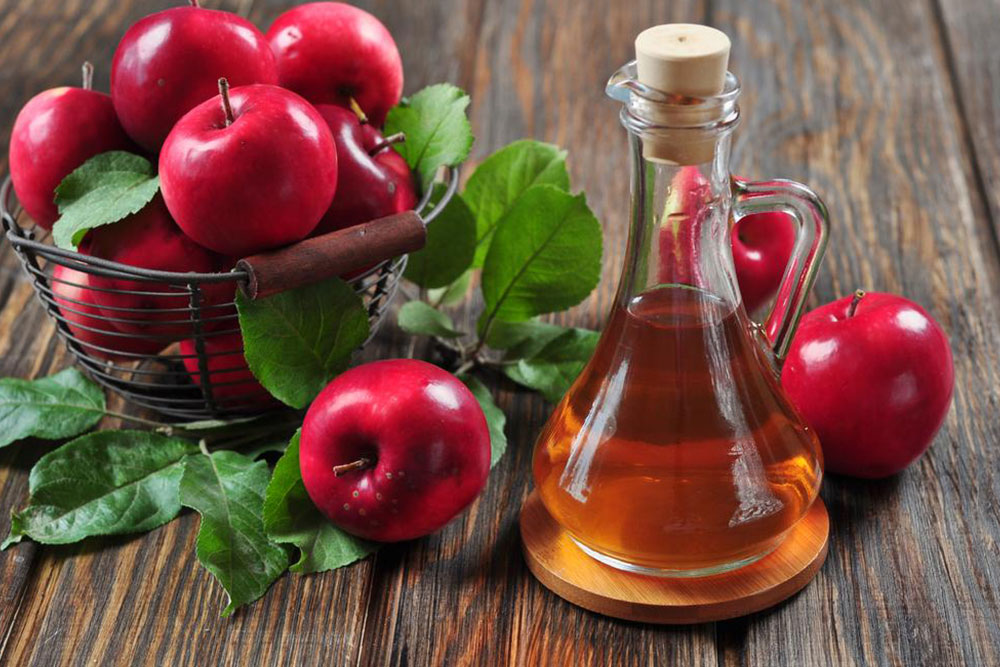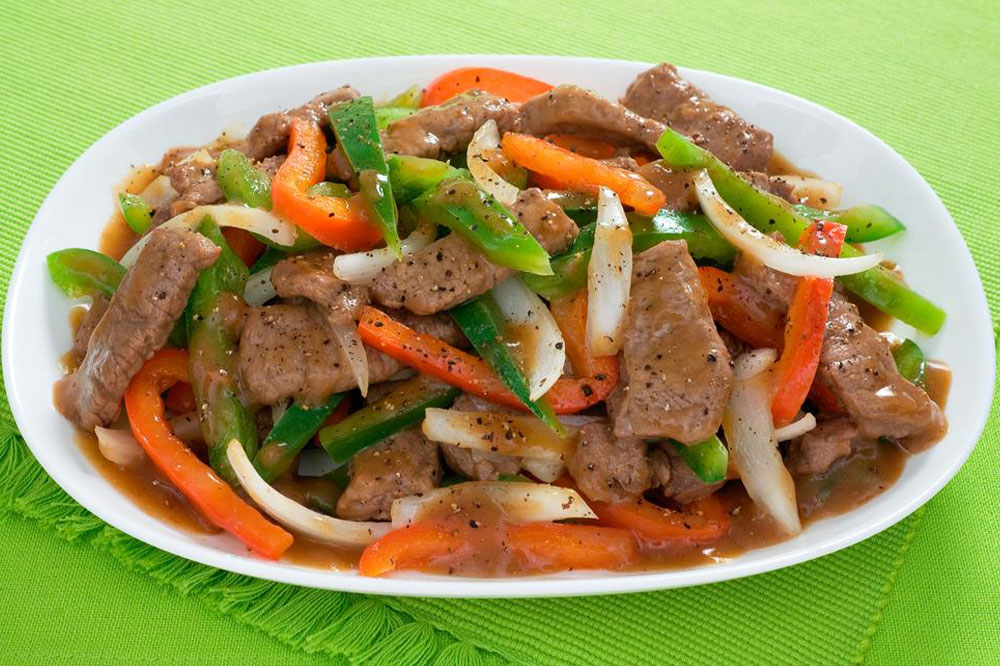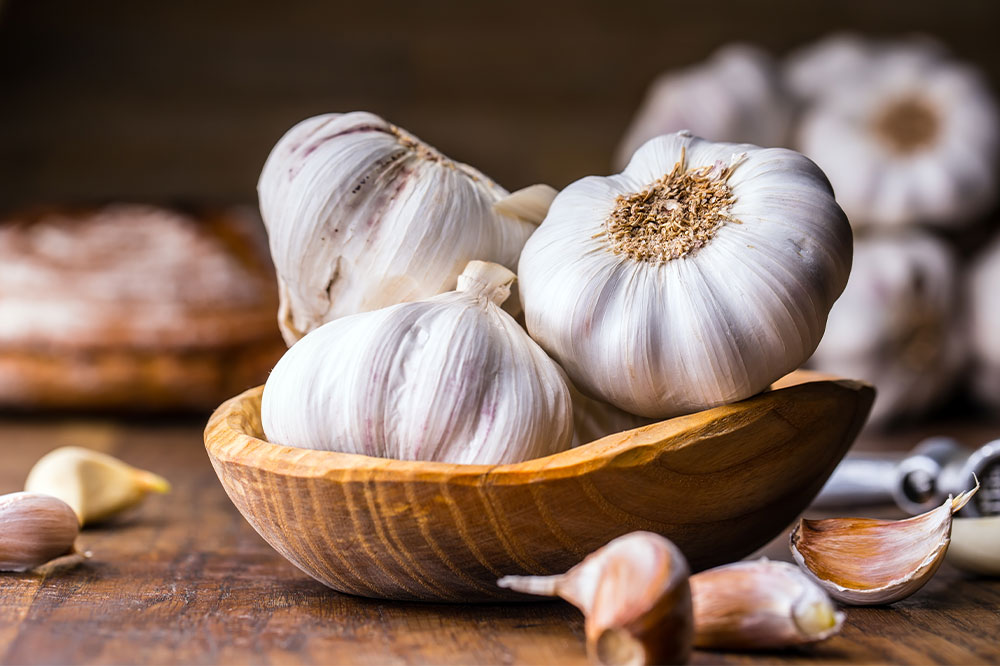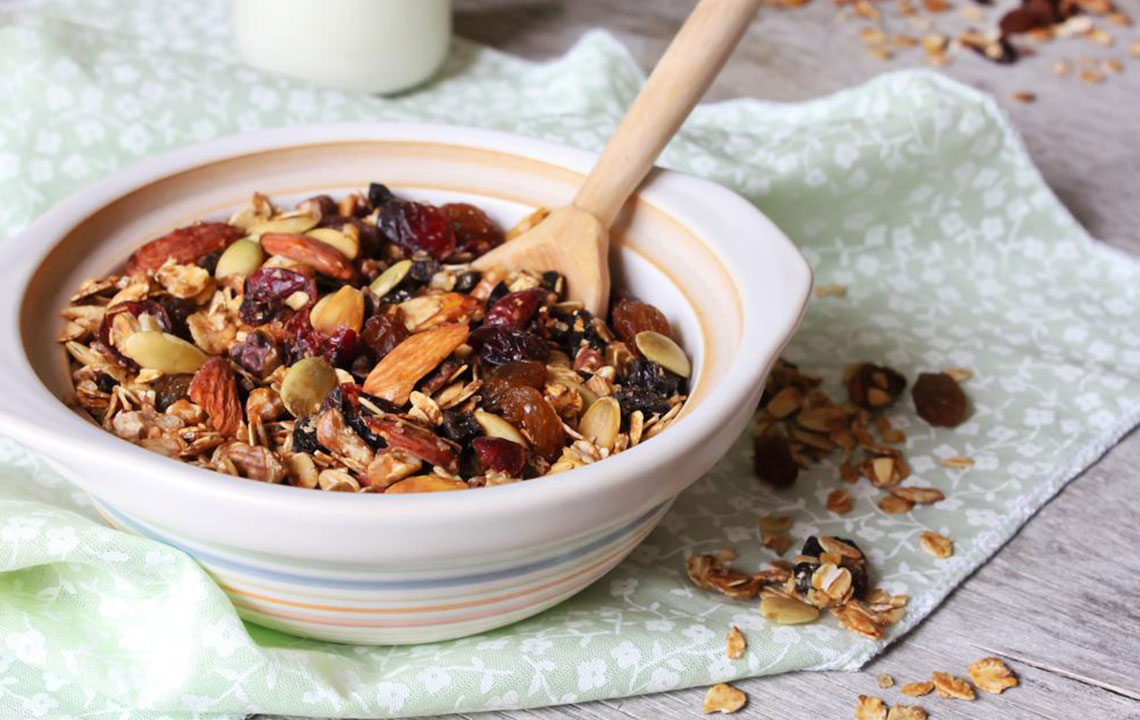Diet Strategies to Support Cervical Health and Reduce Cancer Risk
This article explores dietary strategies to support cervical health and lower cancer risk by emphasizing fruits, vegetables, and lifestyle practices. It provides practical meal ideas and highlights the importance of nutrients like folate, carotenoids, and flavonoids. Maintaining a healthy lifestyle, including vaccination and regular screenings, is essential for prevention. Incorporate diverse plant-based foods and healthy habits to enhance cervical health and reduce cancer risk effectively.
Sponsored

According to the American Cancer Society, over 13,240 women are diagnosed with cervical cancer annually, with approximately 4,170 losing their lives to the disease.
Consuming a colorful variety of fruits and vegetables offers protective benefits against cervical cancer, which is mainly linked to human papillomavirus (HPV). A diet rich in folate, flavonoids, carotenoids, and antioxidants can help combat HPV infections and prevent cellular changes that lead to cancer.
Research indicates that a plant-based diet comprising vegetables, fruits, whole grains, and legumes is most effective in reducing cervical cancer risk. Incorporating these food groups regularly is essential for prevention.
Sample meal ideas include:
Breakfast: Granola with yogurt, complemented by cantaloupe and orange juice.
Lunch: Zucchini, mushrooms, carrots, and red peppers on vegetable cheese toast.
Dinner: A salad with diced tomatoes, chicken, black beans, spinach, whole wheat pasta, and grapefruit.
Fruits and vegetables rich in flavonoids—such as lettuce, garlic, spinach, onions, cranberries, cabbage, broccoli, beans, apples, and asparagus—are beneficial.
Folate, a water-soluble B vitamin, is found in strawberries, romaine lettuce, oranges, lentils, cereals, chickpeas, and avocados.
Carotenoids, which are vital for Vitamin A production and found in winter squash, pumpkins, sweet potatoes, carrots, and beans, are also advantageous.
Maintaining a healthy lifestyle is crucial in reducing cervical cancer risk, alongside diet. Key practices include HPV vaccination, regular Pap smears, avoiding smoking, and maintaining monogamous relationships. Dietary habits emphasizing vegetables and fruits further support cervical health.
Carrots
Rich in carotenoids and beta-carotene, carrots help neutralize carcinogens and support immune function. They can be enjoyed raw or cooked.
Avocados
Nutritious and rich in healthy fats and folate, avocados contribute to overall health and cancer prevention.
Apples
Packed with flavonoids, apples offer protective effects against various cancers.
Pumpkin
Winter squash and pumpkins contain carotenoids; including these vegetables in your diet can aid in cancer prevention.
Citrus Fruits
Oranges and lemons help maintain cervical health through their vitamin C content.
Cooked Tomato Products
Tomato-based products like paste and purees contain lycopene, which promotes cervical health, along with vitamin C.
Dark Leafy Greens
Spinach, kale, and collard greens are high in folate and support cellular health.






